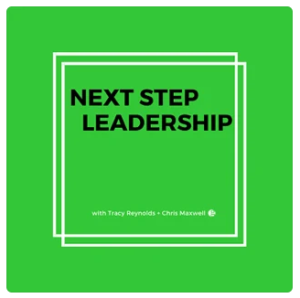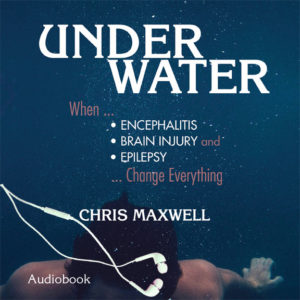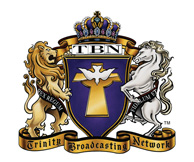In Genesis, God’s book of beginnings, we hear a few things about ourselves—we human beings, I mean—early in the story. As a creation, we’re male and female, and God made both male and female in the image of God (1:27). We’re gardeners (2:15), so we don’t just look at the creation around it; we “work and keep” the land and the plants and the herds and all sorts of complex realities. That takes know-how.
Most of the students I teach don’t end up going into gardening, even as some do enter agribusiness. But the idea is still there: we human beings aren’t just here to wander about in the world. We enjoy the world best when we know the world in ways that let us make the world better.
When we realize that the know-how of the world’s gardener is not only our responsibility but our joy, school becomes a gift in ways that are good before we ever list a degree on a resume or hang a diploma on the wall. We discover that God gives us the gift of sharpness when we study: calculating changes in pressure using Boyle’s Law trains our minds to think thoughts and ask questions that never would have occurred to us before, just as planning lesson plans with Gardner’s theories of multiple intelligences in mind alerts us to the reality that the people around us bring mental gifts that we never thought to look for before Gardner taught us to look for them. (Go look up Boyle and Gardner, by the way. They’re fascinating.)
The traditions of learning themselves are the other gift. You may be the smartest person in any room you walk into, or your kid might be smarter than anyone else’s kids, but none of us is going to invent calculus and macroeconomics and Greek grammar on our own. When we study with professors, long disciplines of deliberate study invite us through their doors, making us heirs of statistical inquiry and historical investigation and theories of musical composition. What we could never invent nonetheless becomes ours when God gives us the gift of academic tradition.
These are the things that I have to remember, and that my students have to remember, if we’re going to get past those moments of ingratitude when we’re tempted–and it is a temptation–to ask, “What’s this good for?” or “What am I going to do with this?” or “How will this help me get a job?” The brief answer is that learning, God’s gift within that helps us enjoy God’s gifts all around is, is why we get jobs in the first place.









